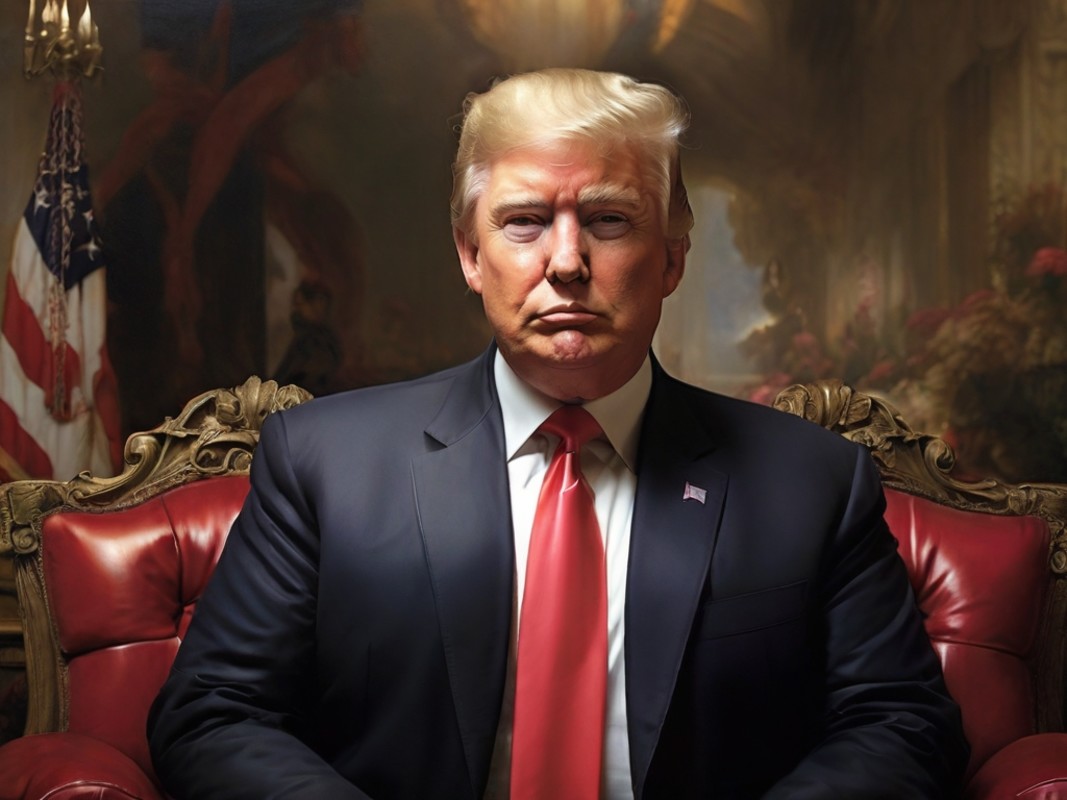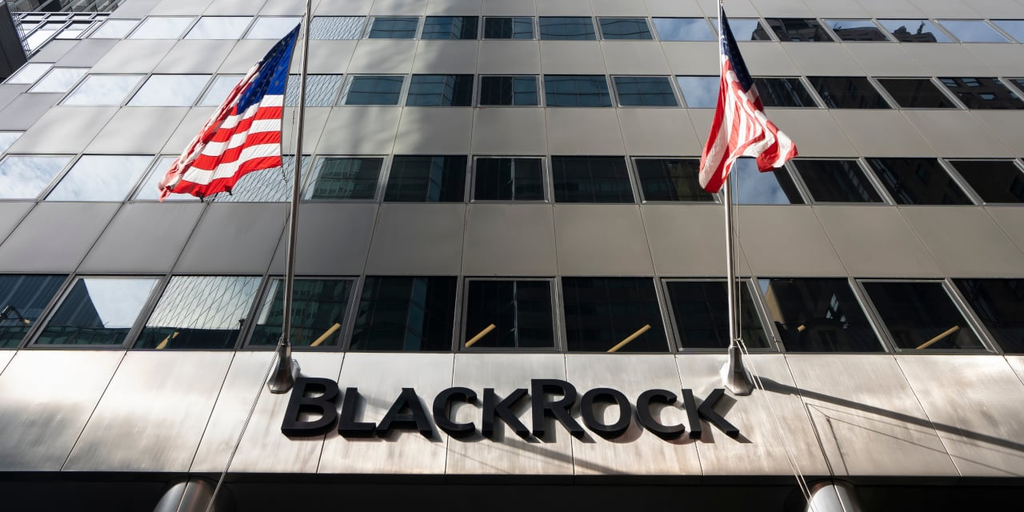This is an opinion editorial by Phil Harvey, the CEO of cryptocurrency mining consultancy Sabre56.
Launching the first unequivocally positive news cycle for the Bitcoin space since the collapse of FTX, BlackRock recently decided to file for a spot bitcoin exchange-traded fund (ETF). Within a few days, two additional behemoth money managers joined BlackRock as Invesco reactivated its application for a spot BTC ETF and ETF-specialist WisdomTree submitted its third application for a BTC ETF to the U.S. Securities And Exchange Commission (SEC).
As of this writing, nobody can say if the proposed vehicles will be approved by the SEC, which has recently made headlines for its heavy-handed pursuit of crypto’s most prominent exchanges in Coinbase and Binance. We will know soon enough.
What is more pertinent at this point is a review of the underlying trend: Institutional money is slowly working its way into the bitcoin economy. In the realm of bitcoin trading, high-profile investors’ commitments to date have been shaky and driven by the boom-and-bust cycle typical for nascent industries — and certainly a defining trait of the bitcoin economy so far.
BlackRock’s potential spot BTC ETF could be a real bridge to mass adoption. Some voices have declared it offers the best chances of approval yet, not just because of the applicant’s prestige but also thanks to a proposed surveillance-sharing agreement that seems to be key in the SEC’s eyes. But regardless of the fate of this proposal in particular, an examination of Bitcoin infrastructure being built today provides an unambiguously bullish picture of institutional money’s bet on the industry.
For instance, one of the world’s most active and successful venture capital funds, Andreesen Horowitz (a16Z), has doubled down and announced its first-ever international office, to be opened in London, to largely focus on the development of the crypto economy.
However, institutional investors’ hunt for growth opportunities is nowhere as pronounced as it is in Bitcoin’s fundamental infrastructure: mining. Champions of the mining industry are signing deals and building at a breakneck pace, while their competition gets fiercer and the network hash rate continues to hit all-time highs.
Betting Beyond Bitcoin
Being less shiny and exciting than the asset trading counterpart it underpins, reporting about investment in the mining space can be muted. However, it is my experience that big name investors, large utilities and even government entities in the U.S. and worldwide are cleverly assessing opportunities and employing considerable financial resources to shape the market. And this is for good reason: the data centers that host Bitcoin miners are equipped to do a range of high-performance computing in the future and the value proposition of this in the advent of AI is clear as day.
BlackRock’s move is not just a bet on Bitcoin, but on the world’s most secure and energy-efficient computing network as a way to produce consensus and certify truth in the 21st century, irrespective of the asset manager’s intentions. As such, refraining from any prognosis as to the application’s outcome, it’s fair to ask what a hypothetical bitcoin ETF would mean for the mining industry.
Firstly, it would mean that every institutional money manager with such an ETF would be a custodian of sorts. They would have to build their own custodial infrastructure — an interesting test of the industry’s existing standards, and “adoption” in its own right, which will be accompanied by growth.
Secondly, mass adoption due to enhanced accessibility — in conjunction with the upcoming halving event in 2024 — would be a strong indicator for a hype cycle with prices running wild. While these bull runs, caused by hype and FOMO, are smoke and mirrors in large part, they will channel funds to the industry and benefit serious players who have worked during the hard times to reap the rewards.
Finally, and most importantly, institutional investors would have a vested interest in sustaining, funding and upgrading the existing blockchain infrastructure which verifies Bitcoin transactions and guarantees the network’s security. While this is already happening, including by household utilities and energy providers who benefit from miners’ load shedding capabilities, a spot BTC ETF would, with high probability, supercharge sector investment and validate the industry’s efforts so far.
This is a guest post by Phil Harvey. Opinions expressed are entirely their own and do not necessarily reflect those of BTC Inc or Bitcoin Magazine.
Source link










![ojha sir speaking crypto currency, treding [AVADH OJHA SIR]#ojhasir #avadhojhasir #motivation #ias ojha sir speaking crypto currency, treding [AVADH OJHA SIR]#ojhasir #avadhojhasir #motivation #ias](https://i.ytimg.com/vi/eFSBR7euilo/maxresdefault.jpg)


